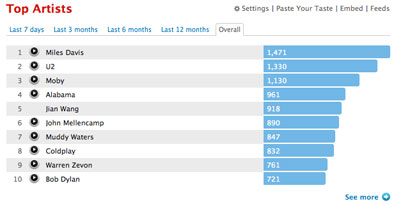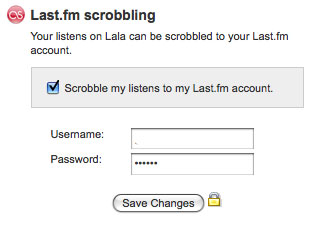My academic upbringing left a residual of guilt. I think that was the idea. I don’t feel quite right when I advocate for something without being able to offer references and the references are much more heavily weighted if they contain a methods and results section. Else, how does one avoid the tendency of falling into the fanboy trap of advocating for the latest fad and falling for the attention that comes with promoting the new and exciting?
So, I struggle with what I should say about classroom use of participatory web tools. I look and I look and I find little that involves applied research. By the way, I don’t buy the excuse that technology moves so fast that research cannot keep up. This represents a position taken by those trying to quiet their own guilt. Try explaining such an argument to those grad school mentors who trained you. Try testing this position against the best practices of other fields. Think the medics you visit when feeling ill would suggest that you try a new, but untested therapy explaining that there simply hasn’t been time to evaluate whether the treatment actually works?
So, without convincing research offering evaluations of specific uses of participatory web activities, just what can I offer. My most recent focus has been on the literature evaluating the benefits of peer tutoring FOR THE TUTOR. Consider that classroom applications of certain tech tools might be represented as teaching others.
I think that “mature research” offers some interesting characteristics. Often, initial studies that hope to identify simple generalizations give way to studies that offer more sophisticated analysis. I link to think about the big idea studies and the follow-up nit pickers. Sometimes the sophistication seems annoying if you are seeking clear guidelines or simple recommendations, but sometimes the details are important. In this case, consider that teaching may be helpful in benefiting the teacher for several different reasons – e.g., knowing that you must explain something to others might influence your preparation, teaching others may provide feedback that leads to deeper understanding. My initial investigation of studies in this area leads me to the conclusion that “preparation to teach” offers fairly reliable benefits. I think this is helpful. As “assignment givers”, we might then consider what tasks involve the preparation to teach. There are questions to consider. For example, is a task that involves summarization the same as a task that involves explanation? What if explanation sets a standard for understanding that only some within a typical group can meet? Perhaps such questions give us a place to begin.
Coleman, E.B., Brown, A.L. & Rivkin, I.D. (1997). The effect of instructional explanations on learning from scientific texts. Journal of the Learning Sciences, 6, 347-365.

Powered by ScribeFire.
![]()






You must be logged in to post a comment.